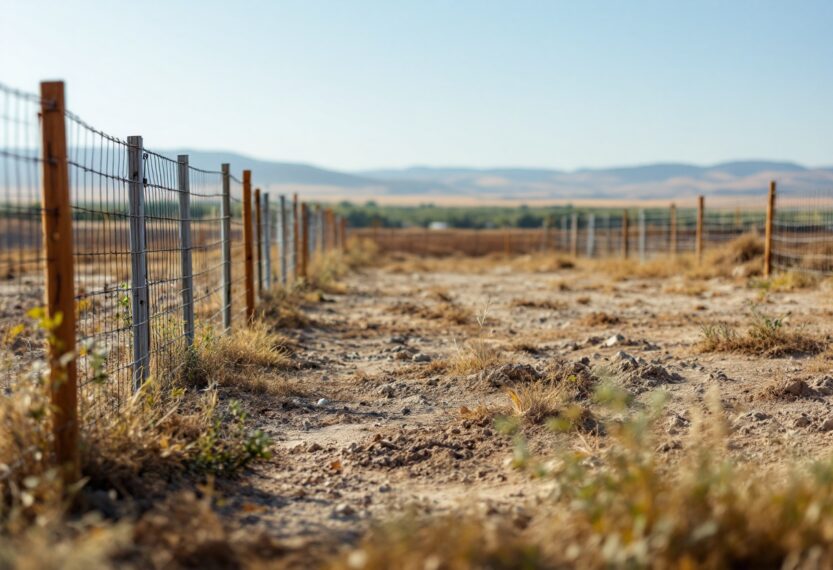As the Trump administration gears up for mass deportations, Texas is taking proactive measures to secure state-owned land for new migrant detention facilities. This initiative, spearheaded by Texas Land Commissioner Dawn Buckingham, aims to acquire or lease land for federal deportation centers, including urban locations and a significant 1,400-acre site near the Rio Grande.
State’s aggressive stance on immigration enforcement
The urgency behind Texas’s actions is not unexpected, given the state’s recent history of aggressive immigration policy enforcement. Under Governor Greg Abbott, Texas has positioned itself as a key player in immigration matters, often stepping into roles traditionally held by the federal government. In 2021, Abbott launched Operation Lone Star, a $11-billion initiative that established a parallel state-operated criminal justice and deportation system in response to frustrations with the Biden administration’s policies.
This initiative has seen Texas commandeering public parks and constructing new processing and military facilities, including an 80-acre base in Eagle Pass. The state’s commitment to this cause has garnered attention, with Tom Homan, the incoming “border czar,” labeling Operation Lone Star as a model for the Trump administration’s mass deportation strategies.
Logistical challenges and military involvement
However, the ambitious plans laid out by the Trump administration will necessitate substantial resources, particularly in terms of personnel and land for detention centers. To navigate these challenges, the president-elect is expected to declare a national emergency, enabling him to mobilize the National Guard and active-duty military for construction and transportation roles.
Texas appears eager to address the logistical aspects of this endeavor. The Texas General Land Office manages over 13 million acres, with some parcels already earmarked for border wall construction. The recently acquired site near the Rio Grande, purchased for $3.8 million, is one of the key locations being considered for these new facilities.
Environmental concerns and land use
In addition to the Rio Grande site, Buckingham’s office has also acquired over 350,000 acres near Big Bend National Park, a region of ecological significance that has drawn scrutiny from conservation groups. While a spokesperson indicated that this land is unlikely to be used for immigrant detention, the possibility remains open, reflecting the administration’s readiness to adapt to evolving needs.
In a statement, Buckingham emphasized her commitment to supporting the Trump administration’s efforts, stating, “Should you need land for a facility elsewhere in the state for the deportation of violent criminals, my office has identified several of our properties and is standing by, ready to make this happen.” This readiness underscores Texas’s pivotal role in shaping the future of immigration enforcement in the United States.




